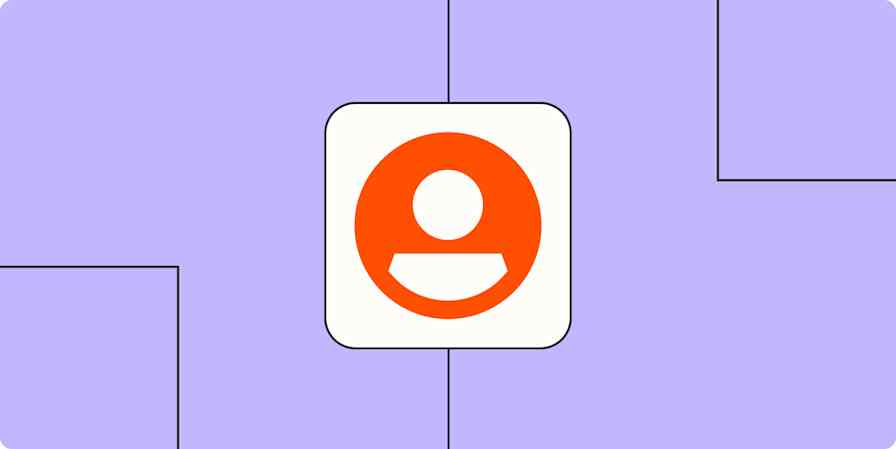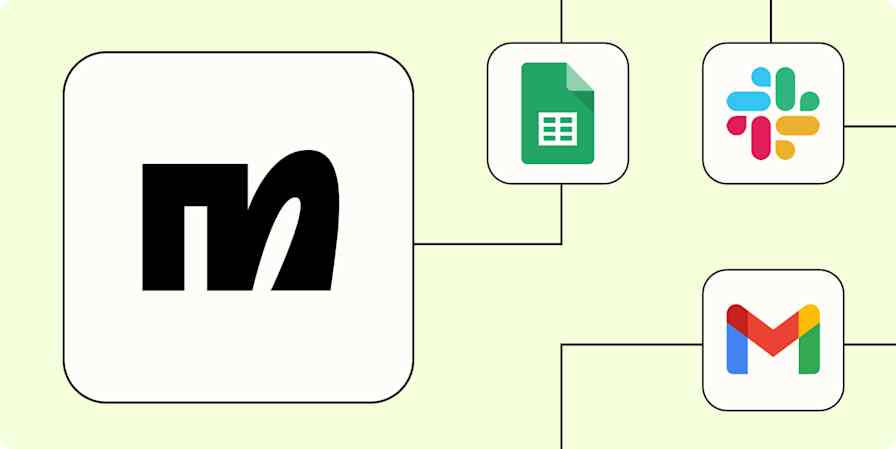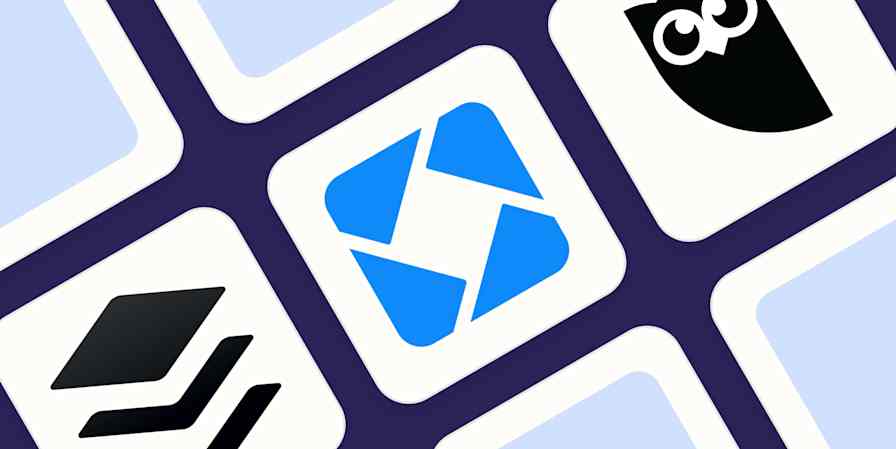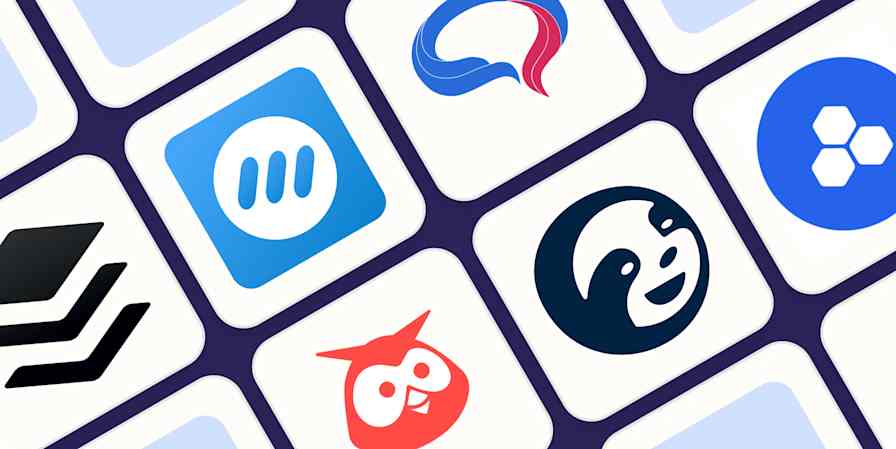Remember Digg? The platform was one of the internet's earliest experiments in community-driven content—but it pretty much disappeared from the scene after its disastrously unpopular v4 redesign sent most of its disgruntled users to Reddit instead. And now, more than a decade later, it's coming back.
Founder Kevin Rose is teaming up with Reddit co-founder Alexis Ohanian to launch Digg 2.0. The new platform might have a real shot—not by recreating Reddit, but by offering something the current social landscape lacks: trust and quality.
To get a sense of what that might look like, we asked marketers, product leaders, and social strategists to share their predictions for how the Digg reboot could break through. Here's what they had to say.
Table of contents:
Digg reboot will empower users with community-driven content
You used to be able to log on to Instagram and actually see your friends' posts in chronological order. What a luxury. But now that social media algorithms decide what we see and when we see it, a new platform that surfaces content through upvotes could feel downright revolutionary.
Michelle Burson, Director of Marketing at Artisan Colour, predicts Digg 2.0 will gain traction "by doing something the major platforms refuse to do: give control back to actual users."
"Digg 1.0 was weird and wonderful because it was entirely shaped by its community," Michelle says. "There were no algorithms feeding outrage or maximizing scroll time. What showed up on the front page was what people actively voted for. That kind of curation disappeared when platforms started optimizing for revenue over relevance. The raw signal of real community interest is missing from today's feeds. Digg 2.0 has a chance to bring it back."
But how can they do things differently? "This time, the model has better infrastructure," Michelle says. "AI is being used to support the community, not shape it. That includes moderation, spam detection, and abuse prevention—the areas where platforms usually collapse under their own weight. If it works, the Digg reboot could finally offer a way for real communities to grow without burning out."
Digg 2.0's unique selling point is that it "has something no major platform has right now: leadership people still trust," Michelle explains. "Alexis Ohanian Sr. co-founded Reddit in 2005. In 2020, he resigned from the board in protest of the company's handling of hate speech and racial issues. It wasn't symbolic. It cost him. But it also proved something most founders only talk about—actual values. So when Ohanian says he wants to build something better, people pay attention. Especially early Reddit users who've watched that platform drift for years. That kind of trust can't be bought or faked."
Michelle continues: "Digg 2.0 doesn't need to be the next Reddit. It just needs to be real, authentic, and human. If Digg 2.0 delivers on its promise to put user participation ahead of algorithms and ad revenue, it will flourish. It might even pull serious market share away from Facebook, too. Facebook is already hollowed out, with the only ad-free and human content confined to groups. Who knows, maybe Digg 2.0 could be the platform that finally pushes Meta into Myspace territory. As a Redditor since 2007 and fan of Ohanian's integrity, I hope it does."
Digg can target the credibility gap in social media
Reddit might have the crowd, but it increasingly struggles with information quality. The Digg reboot could stake its reputation on better content and smarter sourcing.
"If Digg 2.0 wants to take on Reddit," says Josiah Roche, a fractional CMO and the owner of JRR Marketing, "the biggest marketing challenge (and opportunity) is going to be around content credibility. Reddit's strength is its scale. But that scale also makes it a nightmare for accuracy. Misinformation spreads fast. Bad takes get upvoted quicker than real expertise. And AI-generated junk is only going to make that worse."
Josiah's prediction is that "Digg 2.0 is going to capitalize on this by positioning itself as the place where you can actually trust what you're reading. Think community-powered fact-checking, verified experts, and maybe even built-in tools that show source credibility."
He thinks the relaunch has real potential. "If they pull that off, I could see Digg carving out a niche with professionals, educators, or anyone burned out by Reddit's chaos. It won't kill Reddit, but it doesn't have to. It just needs to own one key narrative: Reddit is where you argue with strangers. Digg is where you get real answers."
AI-powered context layers can help Digg stand out
If the Digg reboot wants to be a modern alternative, it can't just recreate old features. One way to stand out is to add context to what users are reading.
Kevin Baragona, the founder of DeepAI, makes a bold prediction: "Digg could launch AI-generated 'Context Layers' on stories instead of shallow summaries, offering verified timelines, previous related headlines, or legislative implications. This positions Digg as an educational tool, not just another news aggregator."
Kevin explains how this route could set Digg apart from other social media platforms' AI summaries, which often lack depth and accuracy. "Digg has the opportunity to be a source of entertainment and information, as well as an educational resource for its users. With advancements in AI technology, it's now possible to analyze and understand content in a more sophisticated way. This can help Digg users discover new and interesting content that aligns with their interests and preferences, creating a personalized browsing experience."
Nostalgia should meet innovation in Digg's return
Digg 1.0 is pure internet nostalgia: upvotes, headlines, and a weird little community that felt ahead of its time. But nostalgia alone won't carry a platform—especially in the content firehose that is the internet in 2025. The Digg reboot has a shot at standing out, but only if it brings something modern to the mix.
Michelle Nguyen, a Product Owner and Marketing Manager at UpPromote, thinks leaning on nostalgia will lead to marketing success for Digg. "Early adopters—especially those who recall its heyday as a pioneering social news platform—will naturally be drawn to Digg's comeback. Nostalgia is a strong emotional motivator that can create initial buzz and user signups if tapped into. But relying solely on nostalgia runs the risk of losing momentum as the novelty fades. Digg 2.0 must combine its retro appeal with modern, value-driven features that keep users engaged if it wants to sustain long-term growth."
Michelle offers an example: "One approach to achieving this is to blend exclusivity with nostalgia. Digg could, for instance, organize limited-time 'throwback' events—such as reenacting famous conversations from its early years—while simultaneously introducing contemporary twists like live Q&As with original power users or interactive voting challenges. For long-time members, another strategy could be tiered incentives, including early access to new platform features or special badges acknowledging their legacy status."
Michelle says, "The key is to strike a balance between familiarity and innovation. While nostalgia attracts users, special incentives—such as gamification, exclusive content, or improved community tools—will keep them engaged and committed to Digg's return. Without this, the platform risks becoming a passing trend rather than a lasting contender in social media."
Digg should aim to win back trust
You don't need a long memory to remember what broke Digg in the first place because plenty of users are still talking about it. The Digg reboot can't afford to make that mistake again.
"One marketing prediction for Digg 2.0: it will try to win over Reddit's disgruntled users by positioning itself as the platform that listens to its community," says Jayen Ashar, CTO at Scaleup Consulting. "When Digg originally died, it wasn't because people stopped caring about content—it was because the team shipped a massive redesign (Digg v4) without listening to its core users. I remember that launch vividly. I was running a niche tech blog and used Digg daily to seed traffic. The new version killed user-submitted categories and gave algorithmic content curation center stage. Overnight, power users left in droves...and Reddit gladly took them in."
Jayen explains how the Digg reboot's team can show they've learned from that mistake: "Their marketing should focus on transparency, community ownership (maybe even co-op-style governance), and creator support. In my own agency, I've seen products come back from the dead only if they make it clear they're fixing what originally broke trust. Don't just launch a shiny new thing—co-create it with your audience."
The platform will carve out a niche
In 2025, there's not really a market for another huge, chaotic social media channel where people go to yell at each other. Any new platform that wants to be successful will need to be a focused, niche alternative with a point of view.
Mike Vannelli, the Creative Director at Envy Creative, agrees. "The Digg reboot is either going to be a phoenix moment or a nostalgia-fueled blip—and honestly, both outcomes are fascinating. My hot take? If it leans into being the anti-algorithm space where smart, weird internet culture can breathe again, it could absolutely carve out a niche. Especially now, when people are tired of ragebait and black-box algorithms deciding what they see. But here's the catch—it can't just be Reddit-lite with a new coat of paint. It has to feel like a rebellion. Build for the subcultures, give power to the moderators, and let discovery feel human again."
Mike elaborates, "If Kevin Rose and Alexis Ohanian can create a space that feels more like a secret clubhouse and less like a shouting match, Digg 2.0 could spark a new era of community-first content. But if it tries to go toe-to-toe with Reddit without a radically different value proposition? It'll get buried faster than a meme stock crash."
Digg 2.0 should become the "premium Reddit"
Let's be honest: the odds aren't exactly stacked in the Digg reboot's favor. Reviving a long-dormant brand in a saturated, chaotic, and increasingly fragmented social media landscape isn't for the faint of heart. But for all its baggage, Digg also has something rare: built-in name recognition, a very public fall from grace, and a leadership team with hard-won perspective. That's not nothing.
From her experience managing communities, business strategist Jasmine Charbonier sees the Digg reboot potentially becoming the "premium Reddit." She presents an analogy: "Think of it like HBO versus regular TV. They could focus on high-quality, verified content with better moderation. I ran a similar approach with a niche community platform last July, and our engagement jumped about 40%. The thing is, Kevin Rose knows what didn't work last time. I remember watching the original Digg collapse (lost about $50k in marketing spend when that happened). This time, they're likely to focus on specific verticals—tech, crypto, maybe AI—instead of trying to be everything for everyone."
Jasmine predicts that "Digg 2.0 will become the go-to platform for B2B thought leadership and tech professionals. Think LinkedIn meets Reddit, but without the cringe. My gut says they'll hit about 500k active users in their first year, mostly tech-savvy professionals aged 25-45. From my marketing perspective, I'd bet they're going to lean hard into email newsletters and carefully curated content. That's where I see the opportunity. In fact, I've already started advising my tech clients to prepare their content strategies for this—we're setting aside about 15-20% of our social budget to test it."
For final thoughts, Jasmine offers, "The platform might not become a unicorn, but it doesn't need to. A focused, profitable platform with a dedicated user base could be worth $100M+ easily. And for marketers like me who need quality engagement over quantity, that's more than enough. Though I have to say—they'd better nail the UI from day one. The original Digg taught me that even loyal users bounce when the experience gets messy."
Digg should build private spaces for community
Public feeds are noisy, group chats are scattered, and community builders are stuck duct-taping together Discord servers and Slack workspaces. If Digg wants to win early loyalty, there's a big opportunity in offering a real home for these fragmented communities—and making it feel truly theirs.
Edward White, Head of Growth at beehiiv, says Digg should focus on private communities rather than just trying to replace Reddit. "The most active Reddit groups operate private Discord and Slack channels behind the scenes. I've witnessed this shift firsthand. Digg should build for those groups first, providing tools for privacy, ownership, and possibly revenue-sharing, then layer public discovery on top."
Edward thinks Digg could take things a step further and "prioritize 'trustless onboarding.'" He explains, "Most platforms still require users to go through complicated signup processes. Meanwhile, the fastest-growing newsletters on beehiiv get more signups by removing friction—one-click, no password, email later. If Digg allows users to browse, post, and even engage before creating an account, they will immediately feel different, like an open market rather than a gated fortress. Nobody is building that way yet, which is exactly why it could work."
Digg faces an uphill battle—but there's a path
Digg 2.0 has a second chance—a rare thing on the internet. All the experts we spoke to seem to agree that the Digg reboot's success won't come from just trying to be another Reddit; it'll come from choosing its lane and owning it.
That might mean creating private, high-trust spaces for community builders, or doubling down on editorial curation, AI-powered context, and smart moderation. Or it might simply become a place that feels like a weird, wonderful antidote to the algorithmic sameness of everything else online.
And if it can deliver on the things users actually want (less noise, more substance, and a little nostalgia), it won't just be a comeback story. It could be the blueprint for what comes next.
Related reading:









